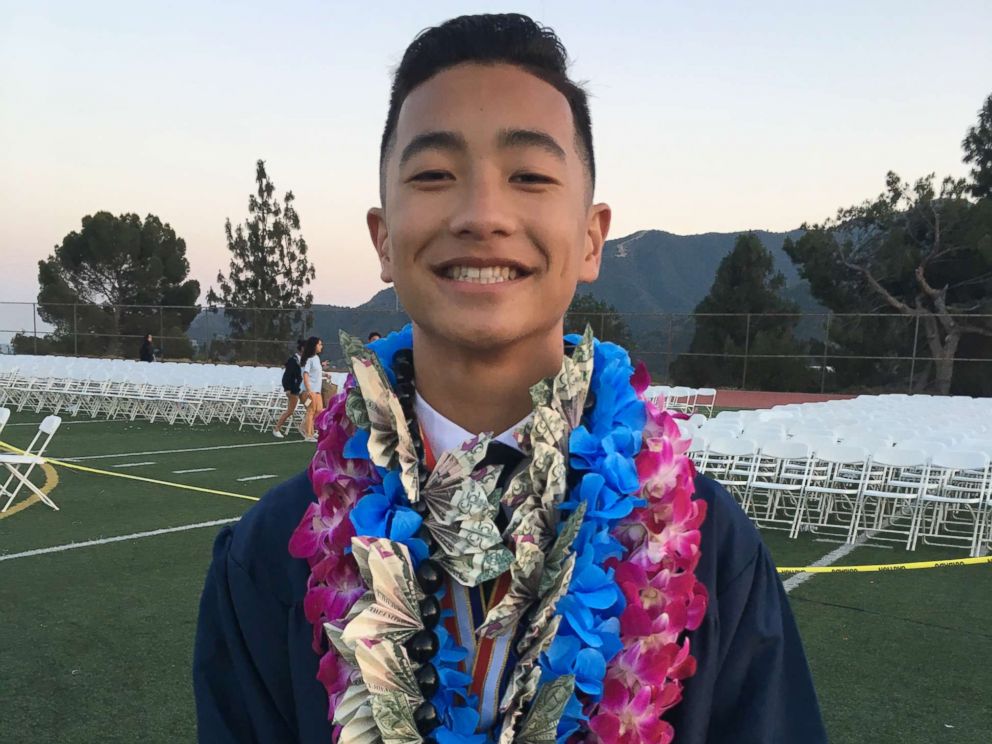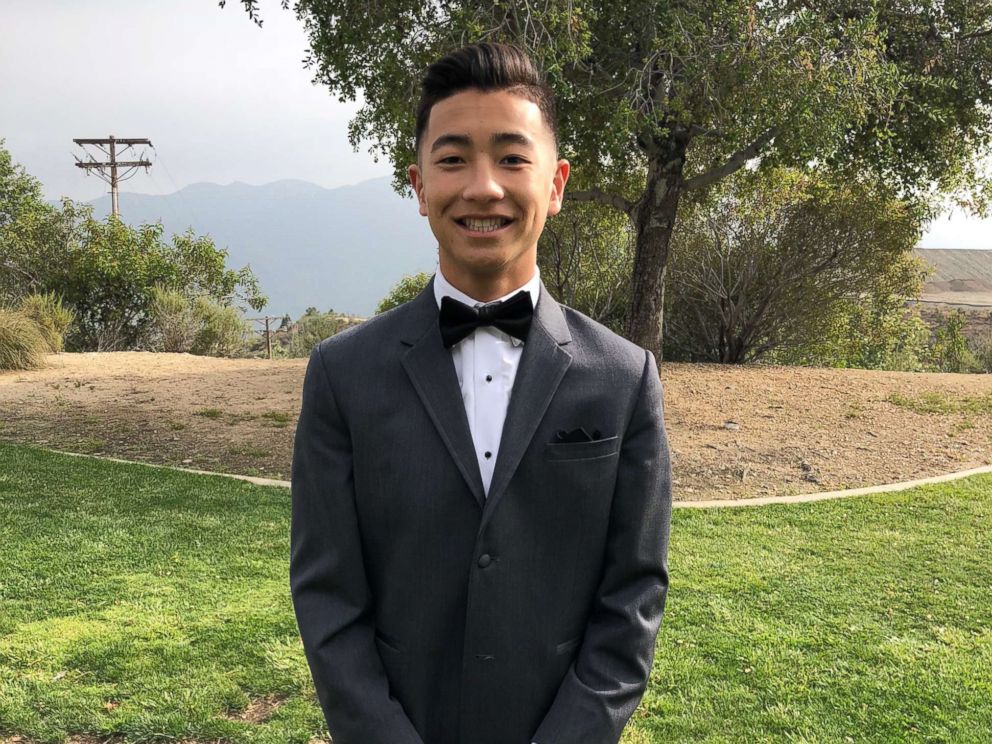“Someone’s not breathing, they’re not OK,” a young man in Irvine, California, told a 911 dispatcher. “Their whole body is, like, blue right now.”
A frantic 911 call was released in connection with the death of University of California – Irvine freshman Noah Domingo, who died at an off-campus home on Saturday.
The 911 caller said the 18-year-old, a member of the Sigma Alpha Epsilon fraternity, was found unconscious.
“Get him on the ground right now, hurry up!” the caller tells others in the room, and the dispatcher talks them through giving CPR.
The dispatcher asks why Domingo’s unconscious, and the caller says, “He just drank. He just drank too much.”
The caller is heard giving CPR, with instructions from the dispatcher. The call ended when firefighters arrived.
Domingo died at about 3:30 a.m. at a private residence in Irvine, the Orange County Coroner’s Office told ABC News.
His “cause of death will be determined pending toxicology results after autopsy, which typically takes a few weeks,” the coroner’s office said Tuesday.
Domingo wanted to study kinesiology and become an NBA trainer, his father, Dale Domingo, told ABC Los Angeles station KABC.
The grieving father told KABC it was “devastating” to clear out his son’s dorm room.
“First thing I did was grab his pillow and pretty much just cry and weep a little bit,” he said.
SAE was placed on interim suspension as Irvine police officers investigate and the university reviews his death, said Edgar Dormitorio, UC Irvine interim vice chancellor of student affairs.
Mike Sophir, the CEO of SAE, said its headquarters also suspended UC Irvine’s chapter operations during the review.
“We are heartbroken by the death of our UCI brother, Noah Domingo,” Sophir said in a statement. “Our thoughts and prayers are with his family and friends, and we appreciate the support the university and its staff have provided to students in this difficult time.”
Dormitorio said UC Irvine will also “examine the larger context in which this tragedy occurred” and work with the Greek community to make sure behavior aligns “with university policies and their own values.”
Source: Read Full Article

